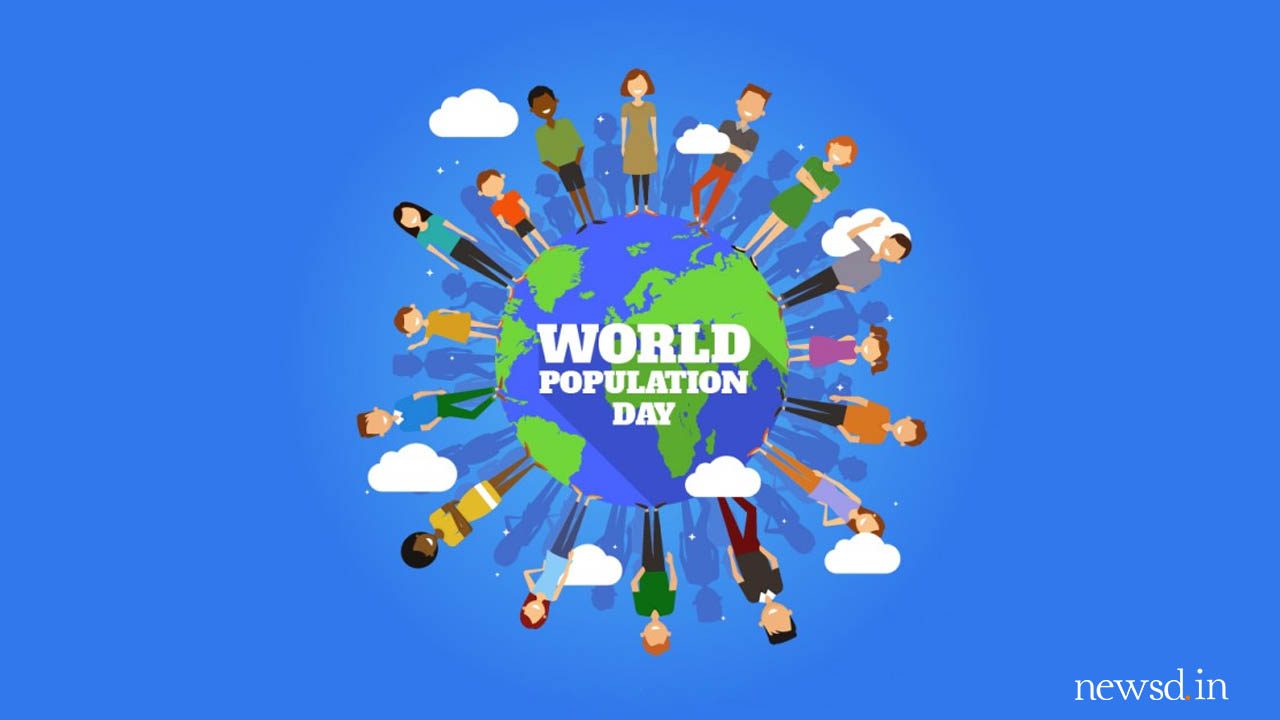For nearly 30 years, the United Nations has recognized World Population Day as an annual awareness day. Every year July 11 is observed as World Population Day which is dedicated to the pressing issue our planet is facing.
The event is put together to spread information about population-related issues around the world. Those issues can be related to overpopulation, underpopulation, populations growing too fast and so on.
Each year, World Population Day is given a theme. However, the 2019 theme hasn’t been decided and it is said that global attention should be given to the unfinished business of the 1994 International Conference on Population and Development.
India, Israel and the Jews of India
UP government’s family planning scheme: Condoms as ‘shagun’ to the newly-wed
Aim of World Population Day
Almost on the verge of completing three decades now, the internationally celebrated event aims to spread awareness on issues such as overpopulation, under-population and birth control. The world population is currently pegged at around 7 billion and according to UN reports is growing at a fast pace, adding 83 million people every year.
In a message published on the UNFPA website to celebrate the World Population Day, the organisation call.
If men can remarry, why can’t women: Venkaiah
What is the UNFPA
The UNFPA works to support family planning by trying to ensure supply of contraceptives, tries to strengthen the national health system. UNFPA has been advocating for policies that support family planning.
The United Nations has listed down, ‘ Nine standards to uphold the human rights to family planning’ which include:
Non-discrimination: Family planning information and services cannot be restricted on the basis of race, sex, language, religion, political affiliation, national origin, age, economic status, place of residence, disability status, marital status, sexual orientation or gender identity.
Available: Countries must ensure that family planning commodities and services are accessible to everyone.
Accessible: Countries must ensure that family planning commodities and services are accessible to everyone.
Acceptable: Contraceptive services and information must be provided in a dignified manner, respecting both modern medical ethics and the cultures of those being accommodated.
Good quality: Family planning information must be clearly communicated and scientifically accurate.
Informed decision-making: Every person must be empowered to make reproductive choices with full autonomy, free of pressure, coercion or misrepresentation.
Privacy and confidentiality: All individuals must enjoy the right to privacy when seeking family planning information and services.
Participation: Countries have an obligation to ensure the active and informed participation of individuals in decisions that affect them, including health issues.
Accountability: Health systems, education systems, leaders and policymakers must be accountable to the people they serve in all efforts to realize the human right to family planning.
India’s population explosion: To surpass China’s, be 10 times US by 2050


















